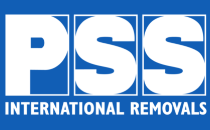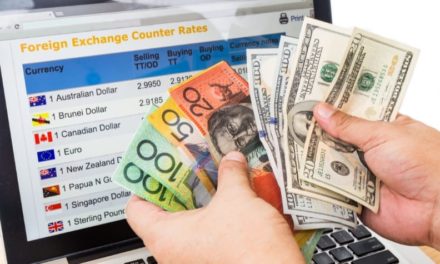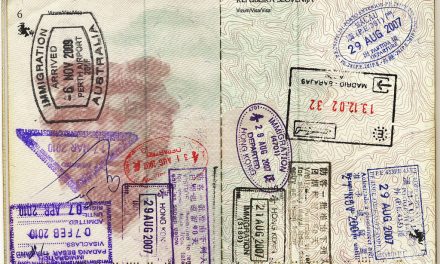Thinking of living overseas but concerned about the cost of exchanging your currency? Considering you may not be returning to the UK for a while, it becomes even more important to ensure that you obtain the best price possible when changing your hard-earned cash into foreign currency.
It’s easy to get stung with extra fees and expensive exchange rates. In many cases, exchange tables in airports and tourist areas offer bad rates with some credit cards and banks adding fees when buying something with your card. Our advice is to prebook your currency before picking it up at the airport, take a credit card or prepaid currency card with you that doesn’t charge currency exchange fees along with some cash as a backup. Most of your purchases should be paid with your credit card because credit cards offer fraud protection. With this in mind, should you lose cash, or it gets stolen, you’ll be unable to get a refund. However, lost credit cards or fraudulent charges are easily replaced or fixed.
Before leaving the UK, download a currency-converting app to your phone. You can reference the app to see whether or not you’re getting a good deal when exchanging money and simply type in the amount you want to exchange. It will then calculate a figure in the new currency. There are several free ones to choose from, including Currency converter.
Be wary of currency exchange businesses that say they don’t charge fees or those advertising appealing exchange rates. Quite often, they will offer you a poor exchange rate to make up for the low fees or include hidden caveats that they don’t advertise. Instead of just handing over your money, ask how much you would get for the amount you want to exchange first. You’re often likely to get a better rate in your new country than if you exchange at home.
Obtain a prepaid card or credit card that doesn’t charge a foreign exchange fee. Some will charge a 2-3% fee for every purchase made with a foreign currency but there are many that won’t. You can find a list of them on websites such as CreditCardInsider.com, UKCreditCards.com or Bankrate.com, MoneyCorpExplorerCard.com
As with credit cards, make sure your bank doesn’t charge foreign exchange fees if you plan to use a debit card. Some may charge a flat fee for using a foreign ATM on top of a percentage for currency exchanges.
Though they’re not used as much as they used to be, travellers’ cheques are still a popular option as they’re secure, which means you can get your money back if lost or stolen. The trade-off, however, is that they’re quite expensive when compared to other holiday money options. This is because you’ll most likely be charged commission when you buy them here in the UK and then, when you reach your destination, an exchange rate is applied when you convert them into local currency. There will also be a flat fee for converting your cheques into currency – which is the same whether you are cashing in £10 or £100 worth of cheques. It therefore makes sense to take your cheques in larger amounts, if possible.
PSS is partnered with a leading foreign exchange expert who will be able to offer professional advice that may save you a substantial amount when transferring your money overseas. The service offered is flexible and will be tailored to your personal needs and requirements. They can offer professional advice about when to purchase and transfer your currency to your new destination. For more information, get in touch.






